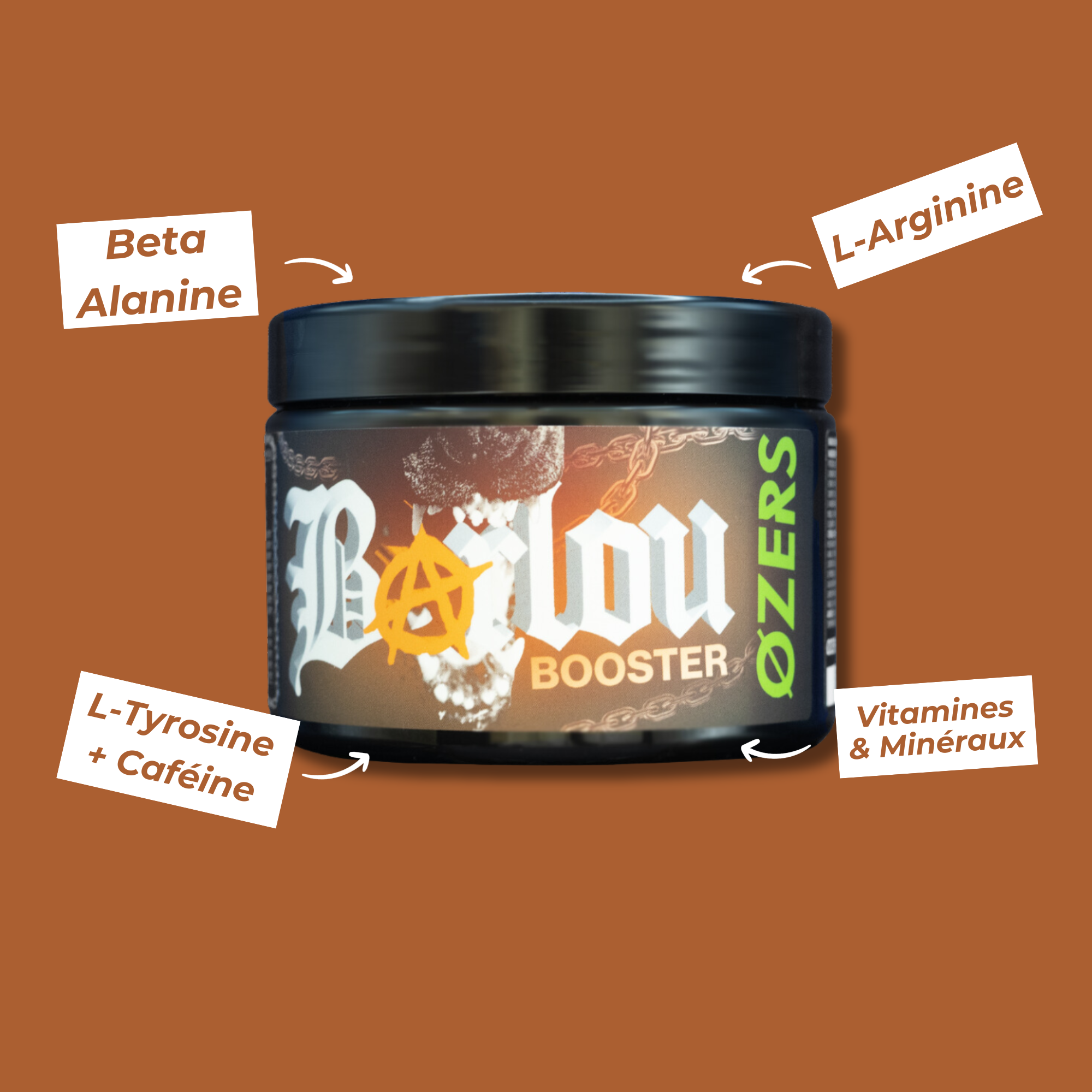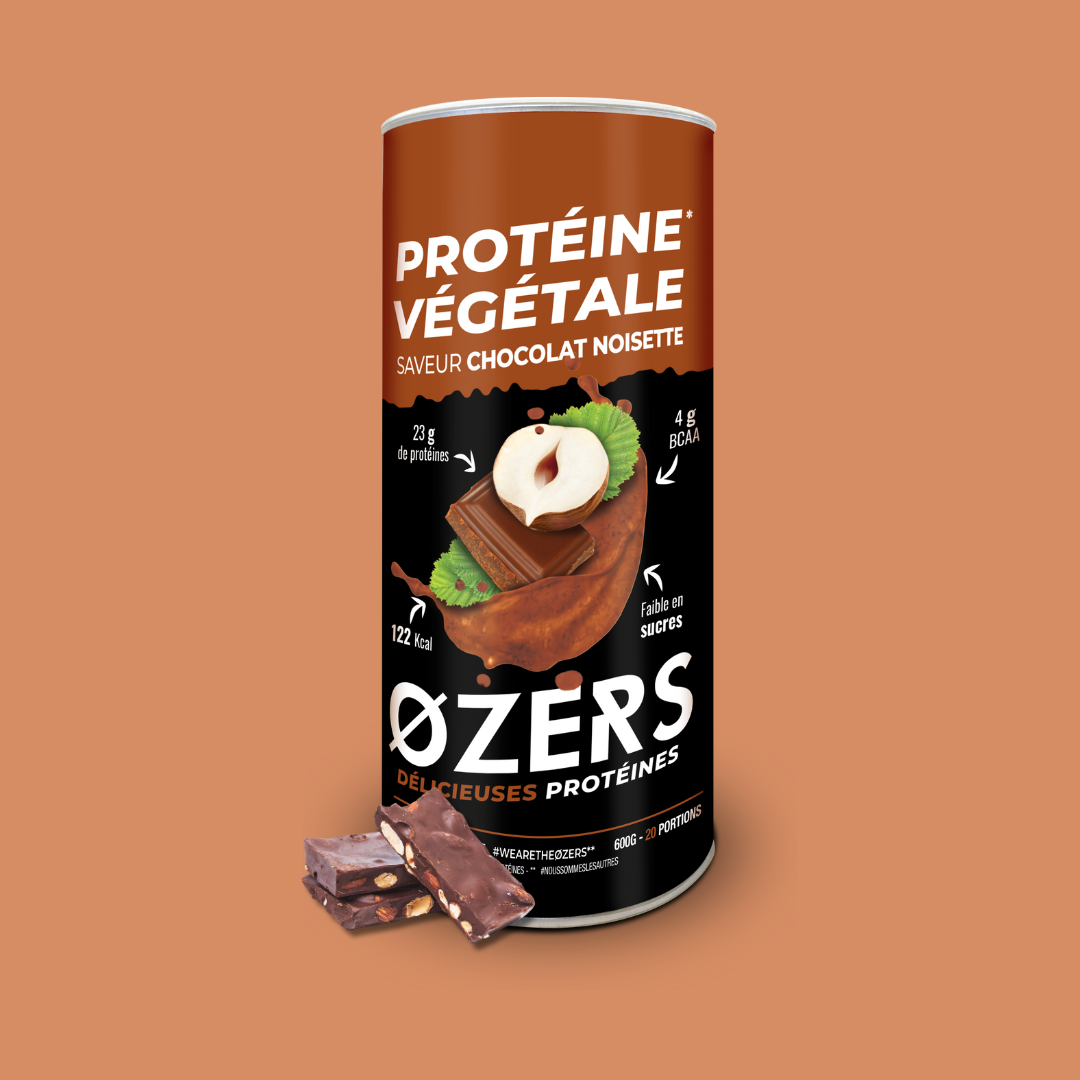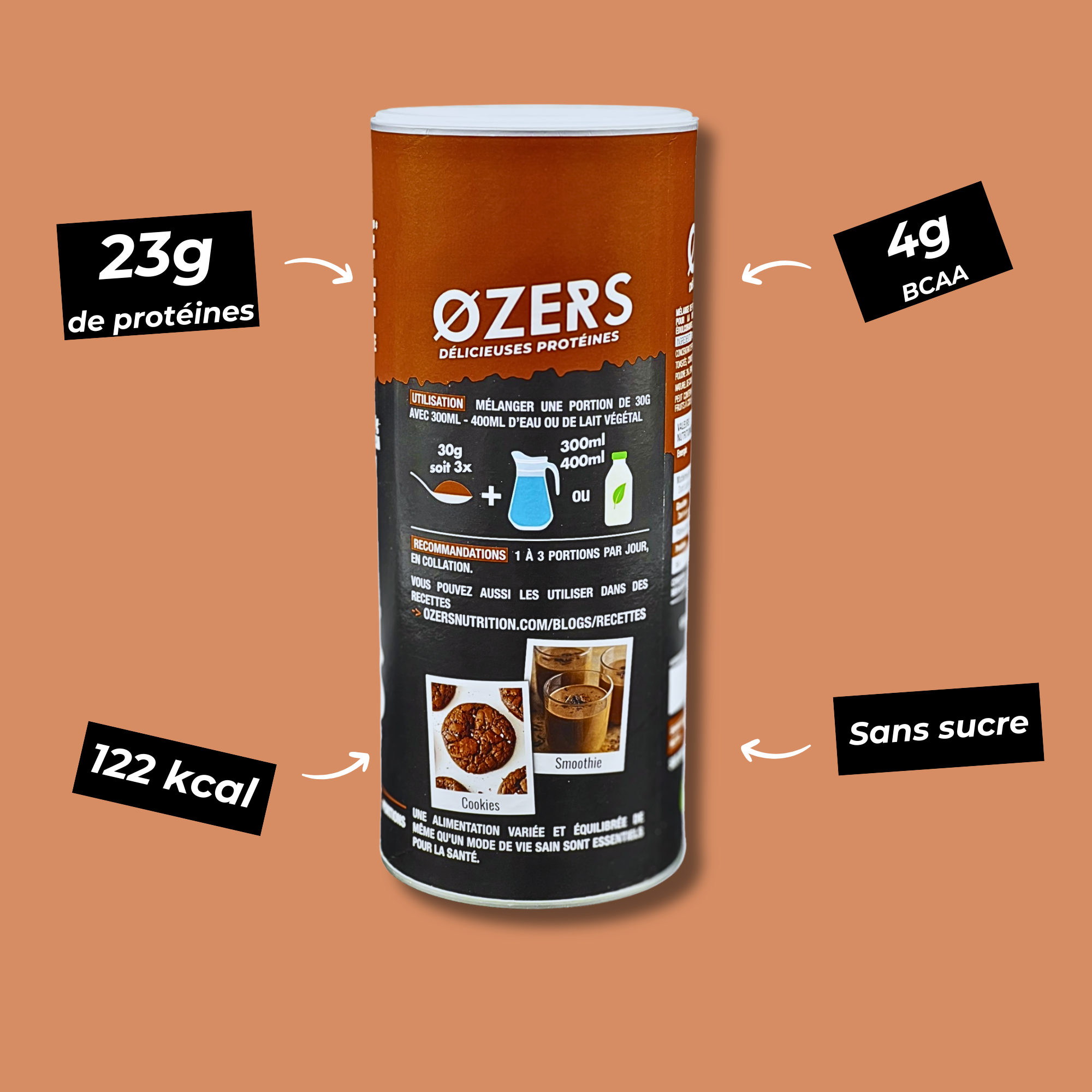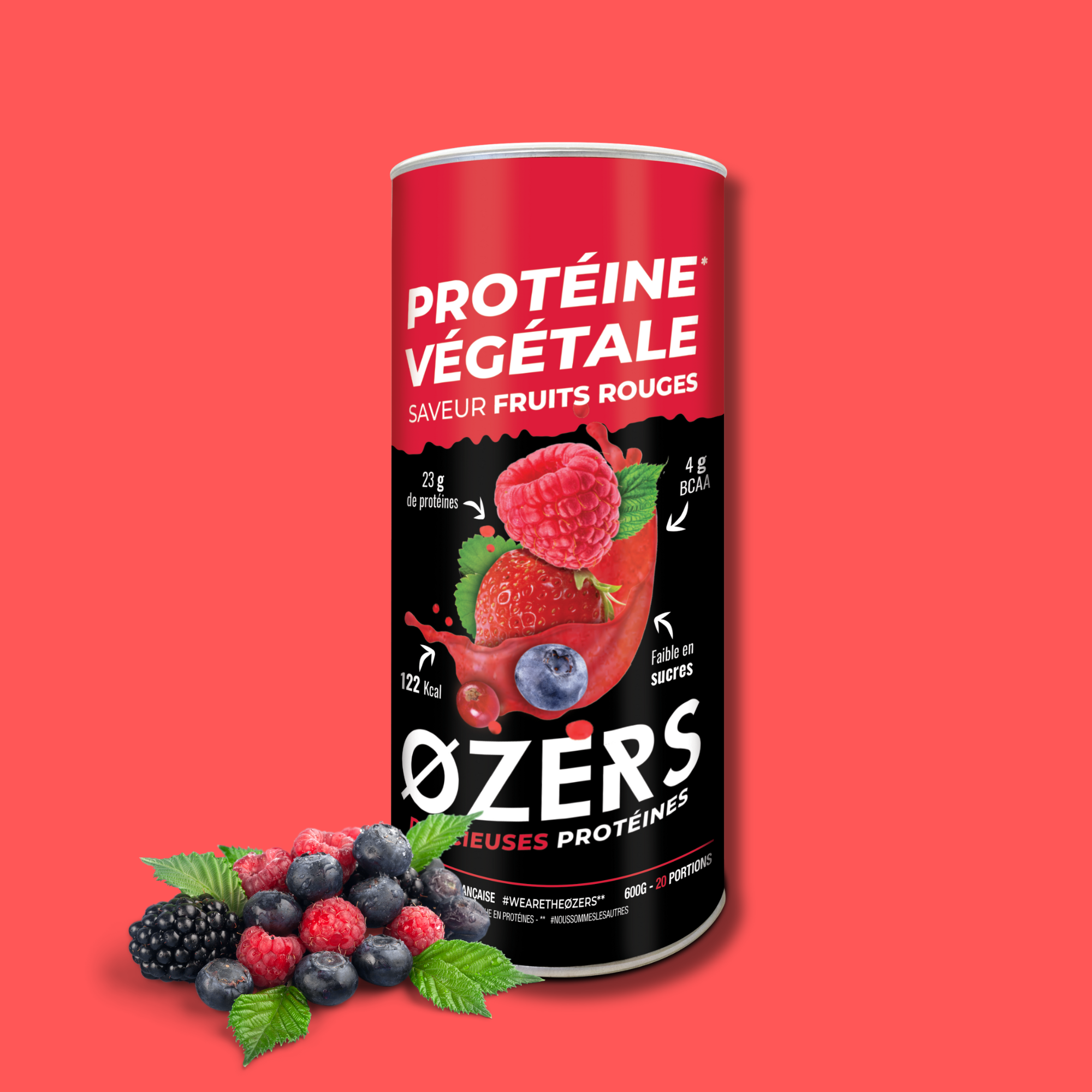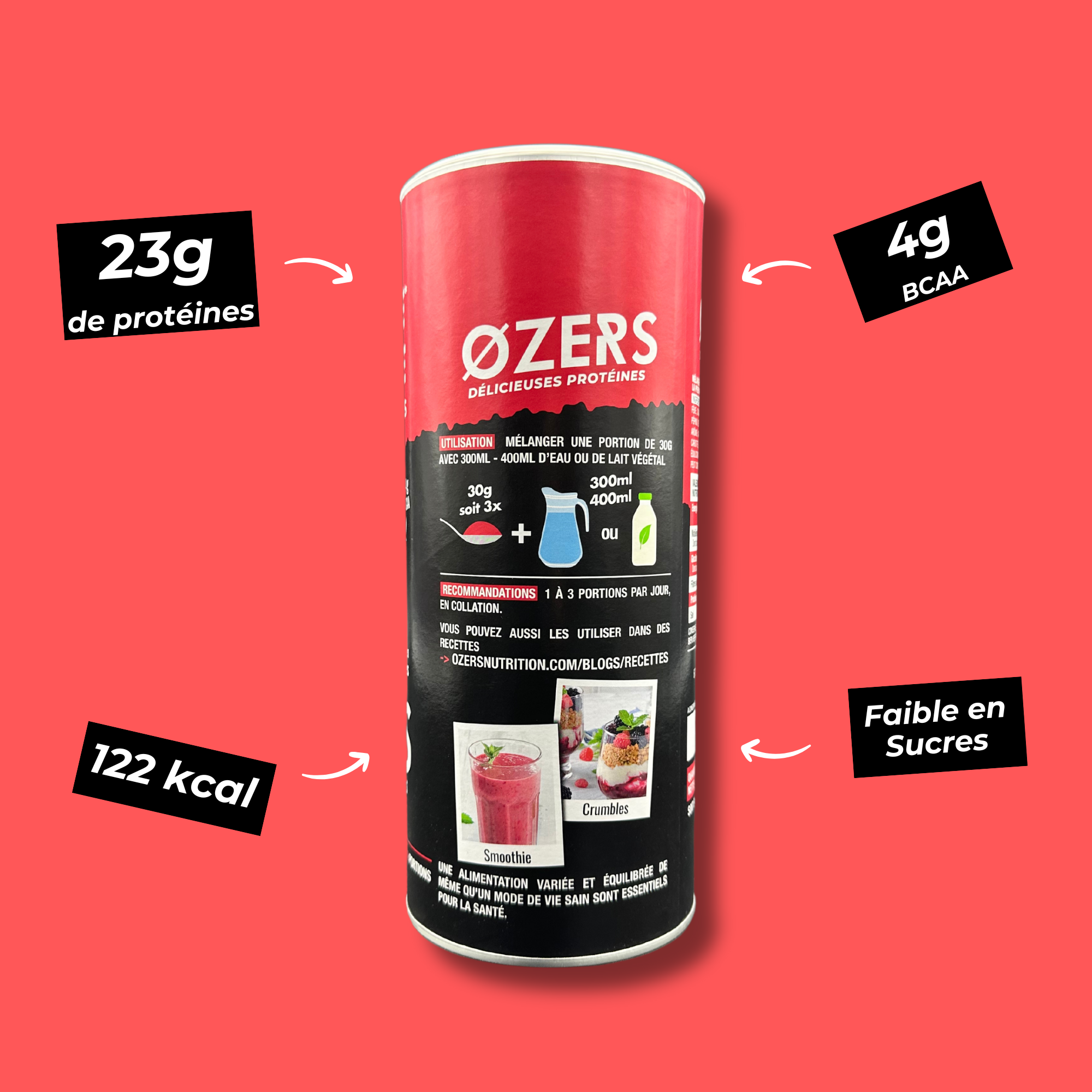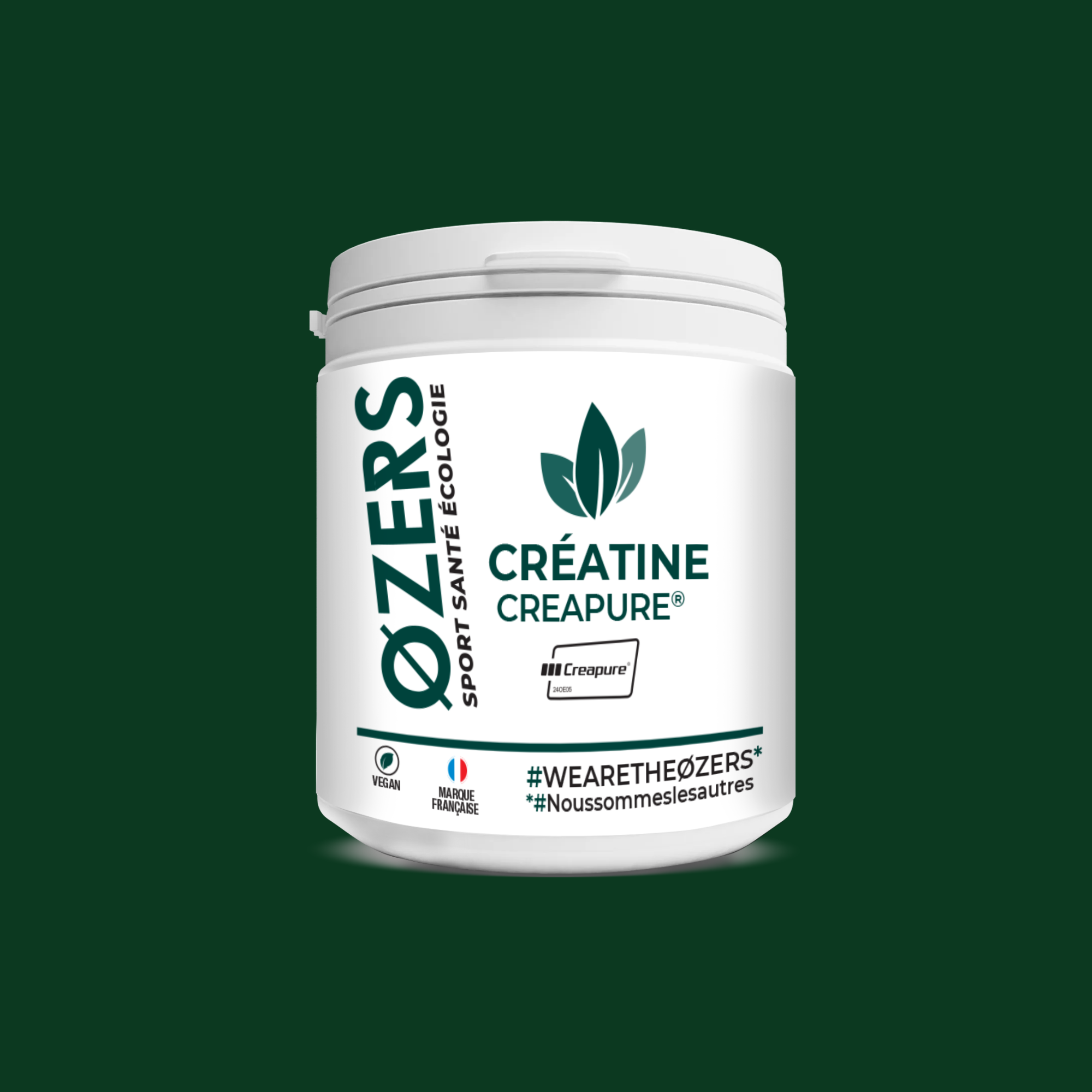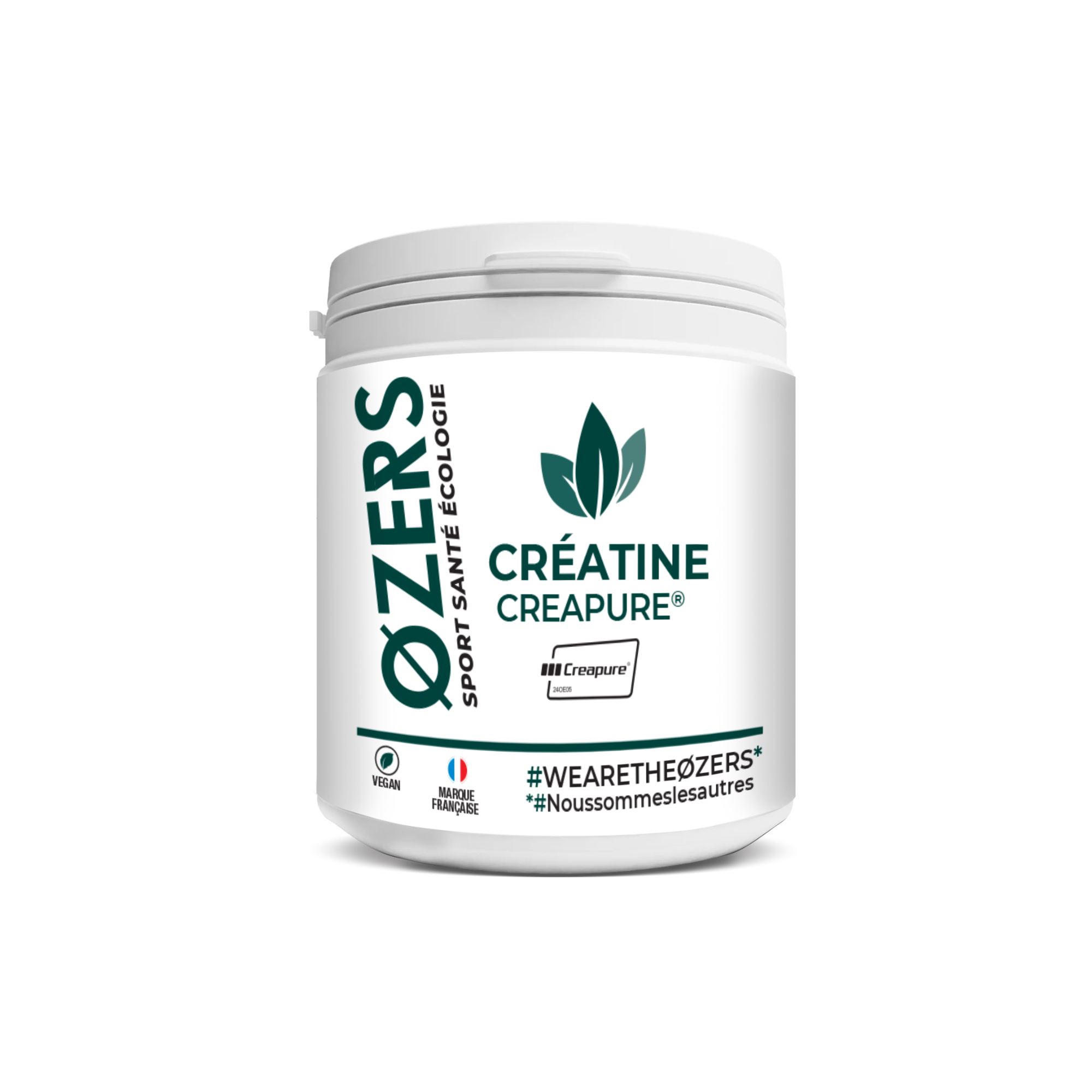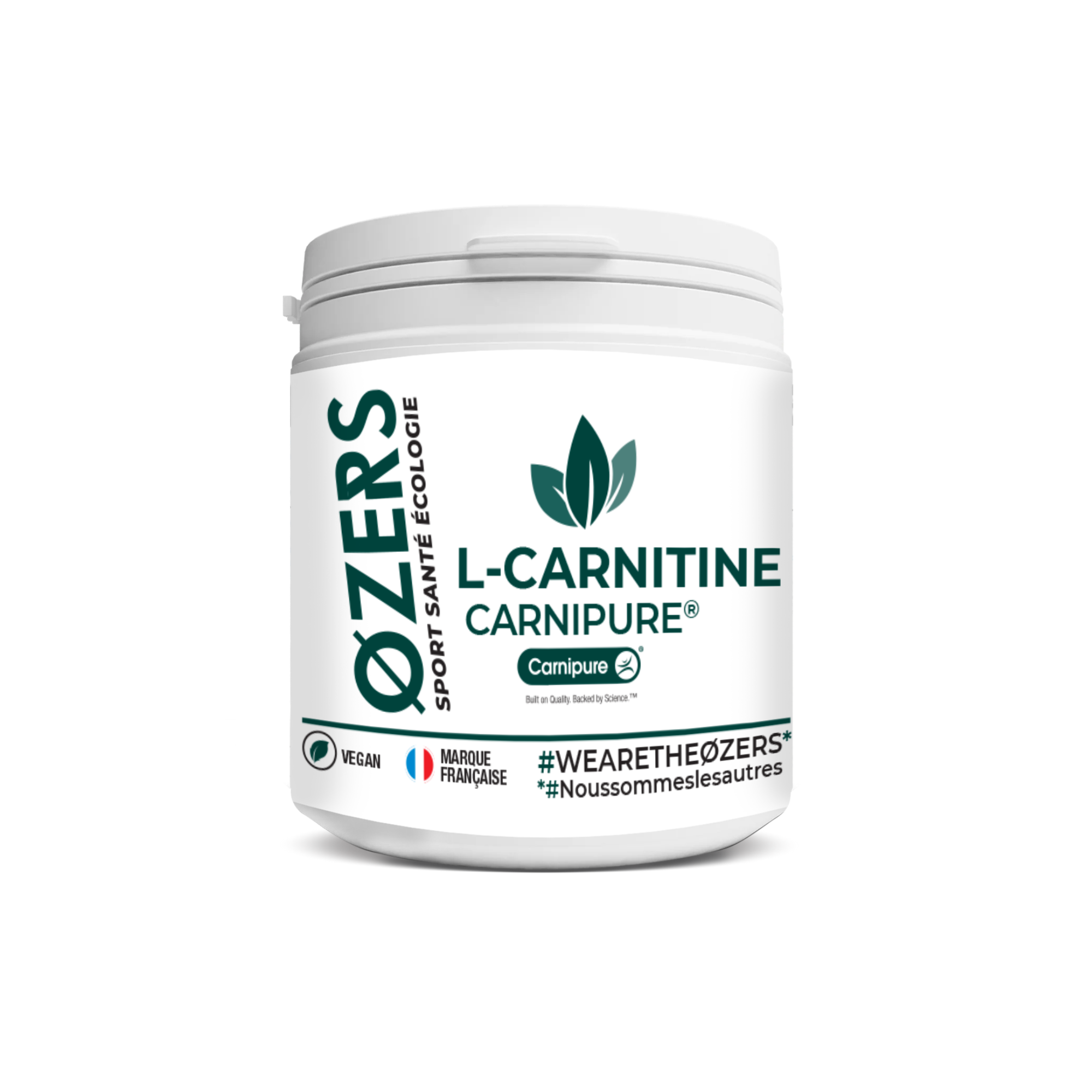Nous avons jusqu'au 20 mai 2025 pour écouler 4000 produits et sauver notre jeune société responsable et française.
Sauvons Ozers ensemble !
Bonjour, moi c'est Maxence.
En 2021 à 23 ans, j'ai fondé Ozers. Rempli d'ambition pour améliorer le marché de la nutrition avec des protéines végétales fabriquées en France.
Mais même avec toute la bonne volonté du monde, la société et moi sommes aujourd'hui en difficulté.
Voici notre histoire :
Ensemble protégeons une boîte qui le mérite !
Je vous serai extrêmement reconnaissant d'apporter votre pierre à l'édifice dans cette mission de sauvetage.
Pour vous remercier d'avance, je vous offre jusqu'à -30% de réduction :
- -3% pour 2 produits commandés
- -5% pour 3 produits commandés
- -10% pour 4 produits commandés
- -15% pour 5 produits commandés
- -20% pour 6 produits commandés
Ces promotions sont cumulables avec le code TRIBUNAL10 qui vous offre 10% de réduction supplémentaire.
La livraison est également offerte dès 59 € d'achat en France métropolitaine
Nos Post Workouts
Nos Protéines
Nos compléments
Notre Pré Workout

